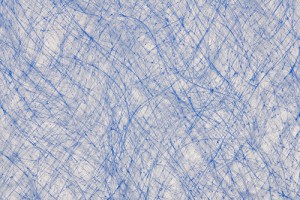
Why Replace the Air Filter?
All the air that passes through your home's ductwork will pass through the air filter, which means it impacts the entire system. To start with, air has a difficult time passing through a dirty filter. The HVAC system compensates by increasing the work done by the blower motor to maintain airflow. This extra stress shortens your blower’s life span and, if the air filter gets completely clogged, it can lead to a breakdown.
Your filter is also responsible for removing contaminants from the air, like mold, mildew, dust mites and more that can lead to breathing problems. When an air filter is dirty, it's no longer able to remove as many of these contaminants. The HVAC system also suffers, as mold and bacteria love to grow on moist air conditioner or heat pump indoor coils. They reduce the effectiveness of heat transfer and will lead to higher energy bills.
Changing the Air Filter
Establish a habit of checking the level of dirt on your air filter, ideally each month or more. Slide it out of the HVAC system and hold it up to a light source. When you start having a hard time seeing through it, it’s probably time for replacement. Depending on a variety of factors like the season, amount of pets, nearby construction and more, expect to change your filter once every one to three months.
While it’s a simple process, there are a few things to keep in mind. Only buy replacement filters that are the right size for your system. The direction of the new filter is also important. Be sure to match the frame’s arrow direction with the old filter.
If you live in the Route 495/128 area of Massachusetts and need help maintaining your HVAC system, feel free to contact Rodenhiser Plumbing, Heating and Air Conditioning.
Image via Shutterstock.com